As Dusk Falls review: difficult decisions
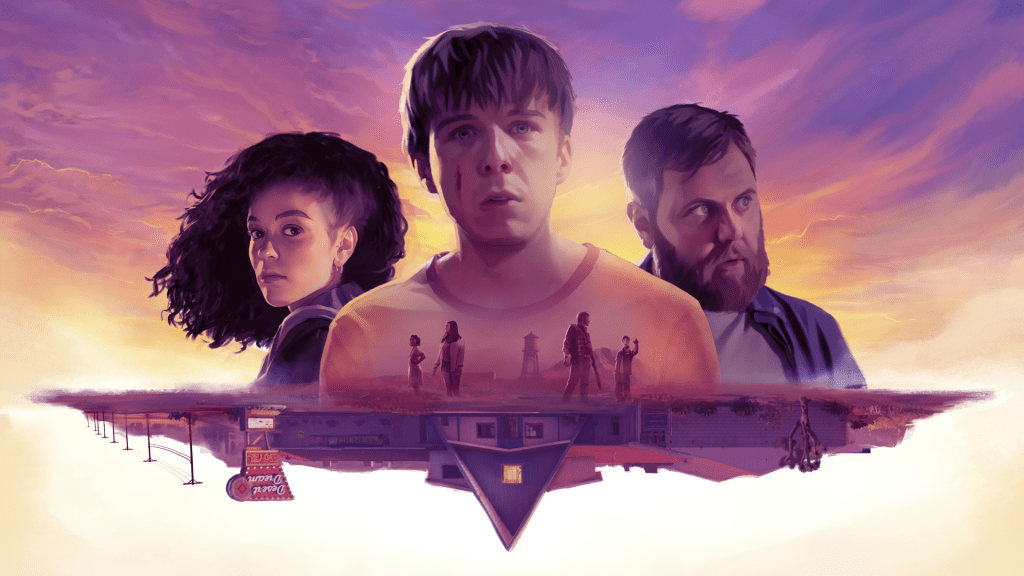
Does being a perfectionist influence how you play video games?
Although I’ve always loved releases which focus on narrative, I can find it difficult to complete those with a decision-and-consequence mechanic. There’s always that niggling fear of failure in the back of my head and I put myself under pressure to get the ‘best’ ending in a single playthrough.
Many gamers view the ability to make choices that matter and multiple endings as important factors in a video game nowadays. They want their decisions to affect the story in a meaningful way. I can understand that: mechanics like this help create a more personal experience and put the player directly into the shoes of the protagonist so they can see the world through their eyes.
But for a perfectionist, there’s something appealing about linear narratives. Knowing your actions won’t have unintended effects because you’ll arrive at the same end point as everyone else can be liberating. The pressure to reach the best conclusion is removed. You can drive the plot forward at your own pace and experience the story as the developer intended.
It’s possible I could be missing out on some great gaming experiences though. Some tales were made for linear paths while others need a more fluid form to be told effectively. Playing a decision-based game and choosing the options which seem like they’re going to lead to the best ending could be spoiling the very essence which makes a title special. Sometimes I just have to push those perfectionist thoughts to one side, press the start button and make whichever choices feel the most natural at the time.

This perfectionism was the reason I hesitated to install As Dusk Falls at first. INTERIOR/NIGHT’s project had been on my radar since its announcement in 2020, due to it being a crime drama with an unusual animation style. When it was released last month, I wondered whether I had the mental capacity to devote to a game where I’d end up over-analysing the choices and not fully investing in the characters as a result. But hey, it was on Xbox Game Pass so I could play it as part of our subscription – what did I have to lose?
I’m glad I gave it a chance. After the first couple of chapters, I was hooked and went on to complete my initial playthrough in two days. Its plot about families whose lives become entangled after a fateful evening at a motel in Arizona felt more real and gritty than a lot of other interactive stories. It had the effect of making me forget about trying to reach a particular outcome, and instead start focusing on how this chain of significant events would affect the people involved for years to come.
The characters played a huge part in this. Because of how well written they were, I could sense their personalities and the decisions I made ended up being based on what I thought they would do in each situation. Even when a particular choice resulted in one of them being killed unintentionally, I didn’t feel the need to reload and try again. It was the judgement they would have made at the time and I was comfortable with that, even though the section had concluded in a rather sad way.
Admittedly, I did go back to replay that bit once the credits had rolled because I wanted to see the result of selecting an alternative option. That’s one of the beauties of As Dusk Falls. It’s hard to tell how your actions are going to affect the plot, and the overview of each chapter shows you just how many branching paths there are. The ability to return to crucial story points and choose a different direction gave me the opportunity to view what could have happened but I felt satisfied with the conclusion I received.
That’s not to say I wasn’t interested in seeing the other endings. After suggesting we put The Elder Scrolls Online (ESO) aside in favour of As Dusk Falls for a few weeks, Ellen from Strength in Sarcasm and I watched friend-of-the-blog Phil play the first book during our Friday gaming night last week. We were going to try using the companion app after reading it allowed for online multiplayer but that’s actually incorrect. Instead, we streamed it to a Discord channel and chatted about the decisions we should make for the characters.
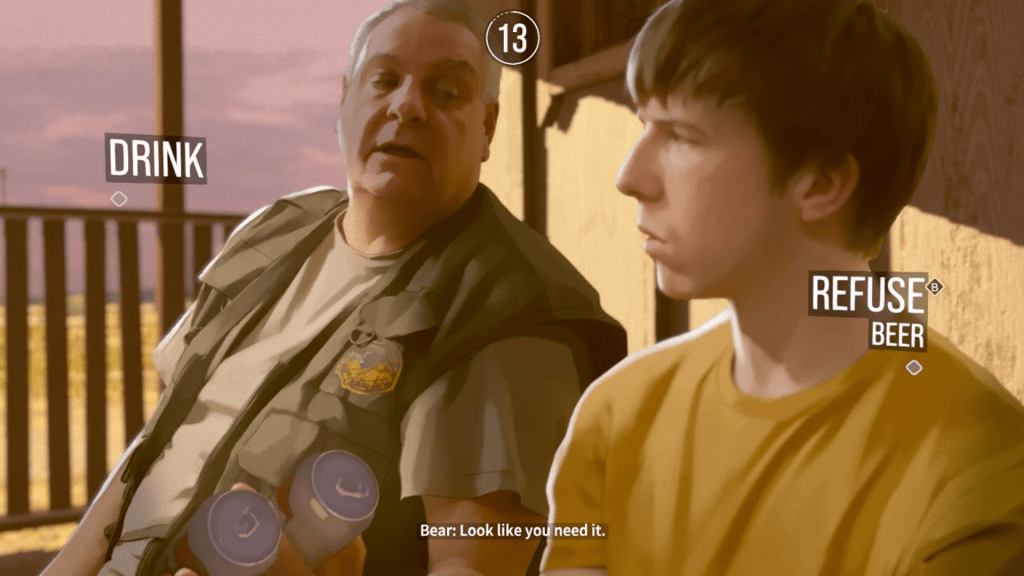
There are two main reasons why I wanted to play in conjunction with my friends like this. Firstly, it would allow me to see some of the other branches and outcomes I hadn’t unlocked yet. And secondly, I knew they’d make the decisions I wouldn’t. Although the choices I’d selected felt like those most appropriate for each character, they ultimately still behaved in a ‘good’ way – whereas with Phil and Ellen by my side, it was more likely to turn to chaos (at least, that’s what our gaming nights spent with ESO have taught me).
I’ll always try and be a paragon protagonist whenever I can. Things might have changed since the dawn of video games, but the most compelling stories are usually still associated with heroes so that’s what my inner perfectionist constantly wants to achieve. There’s also the guilt I feel when attacking innocents or taking an action that’s clearly going to screw over a non-player character (NPC). I know they’re not real, but it feels reckless to do so when they haven’t done me any harm.
The thing is though, there are no real ‘good’ decisions in As Dusk Falls. Sometimes the circumstances you’re faced with are gut-wrenching because you’re so completely caught in the middle and there are ultimately no right answers. It’s like that saying about good people finding themselves in situations where they’re forced to do bad things. It was difficult to watch sometimes because this is a mature title, but it somehow made the game easier to play because I had to react to events outside my control.
I’ve now experienced around 14 hours and there’s still plenty to be discovered. Comparing my own playthrough to Friday’s session made me realise how different two experiences can be. Phil and Ellen uncovered a few revelations during conversations with NPCs I hadn’t seen and there were some moments which left me shocked. There’s one secret I think I’ve figured out but haven’t seen any evidence of yet, so I’m hoping we’re going to uncover it soon.
For someone who will always be a perfectionist at heart, As Dusk Falls was surprisingly easy to play for a decision-and-consequence based game. Removing the pressure of reaching the best ending allowed me to sit back and enjoy the story for what it was – a dramatic, sometimes difficult drama which hasn’t let go of me yet.



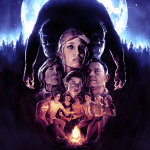
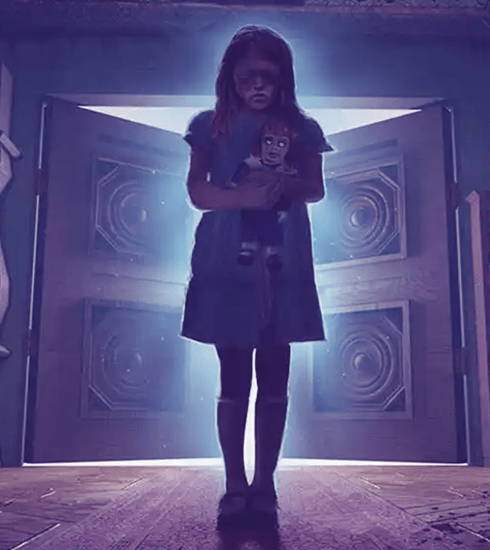
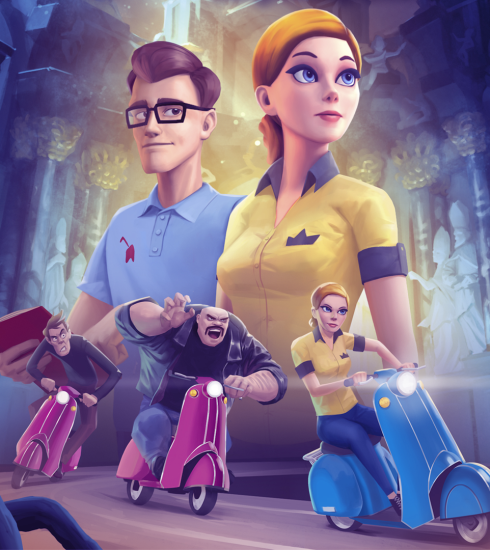

Dryad
2 years agoI have such a hard time with choice based gameplay because of this, but I’ve settled into a more: “I’ll do my best with what I can.” The only time I don’t feel satisfied is when I choose an option and it turns out to be something away different than I thought it was. To be clear, not that the receiving character reacted badly, but that the choice I made was different than “advertised”. I’m looking at you Mass Effect.
I think a game like this will still leave me with anxiety thinking, “What should I have done?” With the way you’ve described it, I think I’ll be okay. I also really love watching other people play because they’ll make different choices. Ah, watching the choices without feeling the consequences. XD
Kim
2 years agoYou’ll be pleased to hear there are no Mass-Effect-choices here! With As Dusk Falls, it’s almost impossible to figure out how a decision is going to go because there are quite a few characters in each scene and they react in different ways. But each outcome feels fair, even if it doesn’t turn out how you expected or ends up going disastrously wrong – as in my first playthrough. 😆
If you end up playing it at some point, I’d love to hear the opinion of someone who’s affected by choice-based games in the same way!
Frostilyte
2 years agoProud of you. Genuinely. It’s great to read that you were able to let go of your (for lack of a better word) nature, and experience both success and failure as equally valid parts of your story in As Dusk Falls.
I’ve noticed an increased push by developers to make choice driven games where player actions, regardless of success or failure, lead to interesting outcomes. This transition results in more fluid narratives, and also helps to keep folks from feeling like they’re missing out. Plus, it also gives you something to chat about in a water-cooler sense when you compare, and contrast what you saw versus what your friends saw.
I’m glad this was a positive experience for you, and have my fingers crossed that it will be the first step in a multi-step journey toward not allowing your perfectionism to ruin games for you. Speaking as a reformed perfectionist 😉
Kim
2 years agoAh, you hit the nail on the head with the ‘interesting outcomes’ comment. I think this is why I found As Dusk Falls easy to play with regard to actually making the choices. You might not get the outcome you intended and things can go disastrously wrong (as in my playthrough where someone died), but you’re never made to feel as though ‘That was a bad choice’ or ‘That was a good choice’. With that pressure removed, the situation being depicted just feels like it ‘is’ so you can get lost in it. It’s kind of hard to explain!
I’m not sure I’m ever going to be able to shake off the perfectionist thing completely. But it was nice to let go of it for a few hours.
Fed
2 years agoHeh heh 🙂 I’m very much a non-perfectionist person with decision tree based games. I’m always curious about the path not travelled, particularly with games like Detroit Become Human and Mass Effect. But I almost always ends up making the same decisions as the first time round as I just do what feels right to me in the moment. Anything else makes me enjoy the game less 😅
Kim
2 years agoAw Fed… the fact you make the same decisions just shows how genuine you are. ❤️